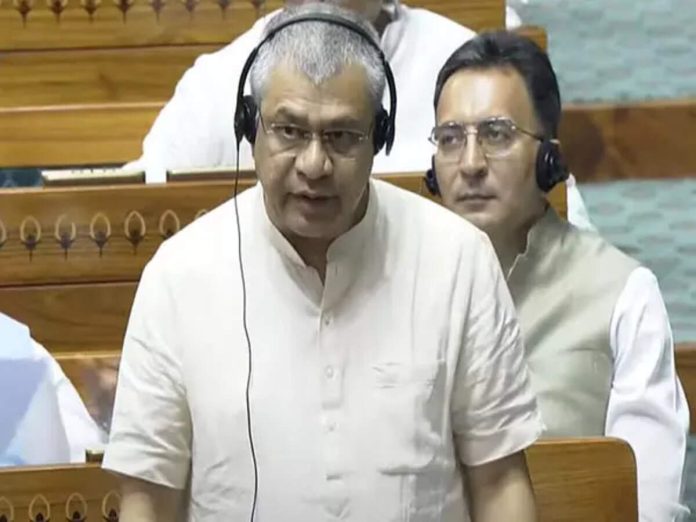The Lok Sabha on Wednesday passed the Promotion and Regulation of Online Gaming Bill, 2025, seeking a blanket ban on real money gaming in India. The government said the move addresses risks of fraud, money laundering, and terror financing, while encouraging growth of e-sports and skill-based online games.
Online Gaming Bill 2025: Key details
On Tuesday, the Union cabinet approved the bill that proposes imprisonment and penalties for offering, advertising or facilitating online money gaming, irrespective of whether based on skill, chance or both. The legislation justifies the blanket ban on real money games on the grounds that they cause financial and mental stress, leading to suicides and addiction among children and the youth. The bill also cited threats such as cybercrime, terror funding and money laundering through such games.
For entities running online money gaming services, the bill has proposed up to three years of imprisonment, or a fine of up to Rs 1 crore, or both. Banks and financial institutions that engage in or facilitate the transaction of funds for money games will face the same penal charges. Advertising such games would attract a jail term of up to two years, and a fine of up to Rs 50 lakh, or both.
The bill seeks to promote e-sports and online sports in line with global trends, along with gamification and the animation, visual effects, gaming and comics (AVGC) sector. It also proposes to create a national authority to regulate the overall gaming industry.
Job loss, tax hit
Online gaming industry representatives opposed the legislation, stating that a blanket ban on online games with money would lead to a loss of jobs and tax revenue for the government.
In a joint letter to Union home minister Amit Shah, the All India Gaming Federation (AIGF), E-Gaming Federation (EGF) and Federation of Indian Fantasy Sports (FIFS) said the draft law which seeks to prohibit all real-money games, including those based on skill would “strike a death knell” for an industry that today employs more than 200,000 people, has attracted Rs 25,000 crore in foreign direct investment (FDI), and contributes over Rs 20,000 crore in annual tax revenues.
Representatives of the Rs 27,438 crore online money gaming sector said they were shocked and feared the prospect of being shut down. Dream11, MPL, Games24X7, Winzo, Zupee and publicly listed Nazara Technologies, which acquired stakes in Classic Rummy and PokerBaazi, could be among those hit by the legislation.
Ban on real money games a societal decision: IT ministry
The government said the decision to ban online money games is for the society’s benefit, despite the impact on the industry.
MeitY Secretary S Krishnan said that the real impact of this Bill is in two parts, the first being recognising what exactly the industry is about and the creative intent behind it. He also noted that the industry has repeatedly sought categorisation between segments that need to be promoted and restrictions on those that are undesirable.
Krishnan added that the Bill’s provisions to curb real money gaming apps serve the larger public interest. “This is a societal decision.”
“Not fair to look at the bill only as a prohibition effort, concerns around job losses were considered. This is well within the govt of India’s remit, is a ‘societal decision’ & political exec is of the view that this is not permissible,” Krishnan told CNBC.
